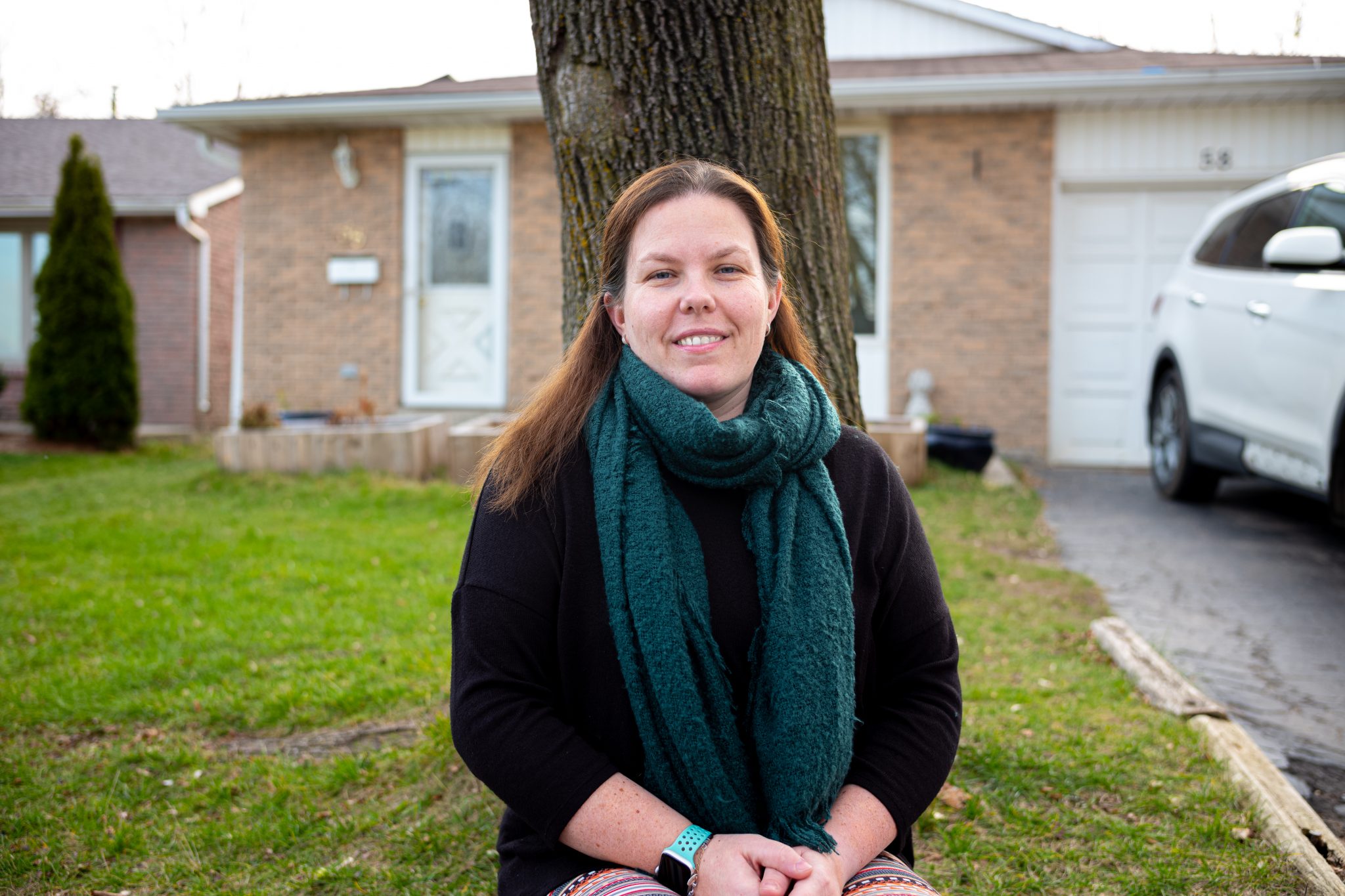After seeing a sharp decline in local foster parents this year, Family and Children’s Services of the Waterloo Region have had to place more than 80 children in foster homes outside the region.
The agency is hoping to find 40 additional foster families to meet the needs of children in care.
“Many of those [children] are sibling groups, and we do everything possible to ensure sibling groups remain together,” Victor Santiago, family recruitment worker at Family and Children’s Services of the Waterloo Region said. “We don’t want any child who has to come into a foster home to go outside of the region, if possible.”
“We want to bring them all back.”
From 2018 to 2019, the number of foster homes decreased by seven per cent, then by 20 per cent in 2020. Currently, there are around 93 foster families in the region, a dip from 117 homes between the past two years.
“We lost a fifth of our homes last year, and that’s really due to the fact that there’s a lot of retirements happening because a lot of foster parents are getting older,” Santiago said. “We don’t see that rate of replenishment happening.”
There are more reasons for the decrease in numbers. According to Santiago, there is the traditional view that only married couples can take care of foster kids. However, older individuals who are not married or in long-term relationships can still become foster parents if they can offer a safe space for the child.
“The reality is, we live in a very expensive part of the country, and it’s not realistic to have that single-income household anymore with two adults,” Santiago said.
“Our foster families come in all different shapes and sizes, [and] you don’t need to own your own home. As long as you have a safe home, you have an extra room for the child, and you’re able to provide care.”
While the organization is hoping to see an increase in the number of foster families, their ultimate goal is to keep children with their biological family, so long as living conditions are safe. If this isn’t the case, the agency will look for children’s next of kin for care.
The very last resort is turning to foster care, which is still a very important part of the agency’s social safety net for children. Foster parents can also act as mentors to their foster child’s biological parents, and can assist in supporting the child if the biological parent is unable to.
“Foster parents understand that their role is temporary in terms of caring for that child, but they’re actually part of our team that ensures that children get back home,” Santiago said.
“If we don’t have those foster parents in Waterloo Region, we don’t have that kind of essential support for our most vulnerable families, and really, we all suffer from that.”
Currently, there is also an over representation of Black and Indigenous children that are in care. The agency is working with local Indigenous and Black community groups to promote their services and find more foster families.
“Although we need all foster parents, we especially need Black and Indigenous foster parents because we want to make sure that if a Black or Indigenous child comes into care, we’re able to place them in a home that matches … especially for that cultural support,” Santiago said.
Due to the COVID-19 pandemic, the agency is also working to find individuals who are willing to open up their homes and self-isolate with children who are COVID-19 positive or may have a parent or caregiver who is too ill to care for them.
Fortunately, the agency has not seen any of these cases thus far, but as the second wave of COVID-19 hits the region, more homes are needed as a contingency.
“Because of the pandemic, we also need folks who work with children. It could be ECE’s, anyone who really works with vulnerable populations that has experience with children who are willing to open up their homes for two, three weeks — until the primary caregiver is well enough to provide care for their children,” Santiago said.
Family and Children’s Services of the Waterloo Region is working on more digital marketing strategies to debunk myths about foster care and drive more traffic to their website. Their next virtual information night for those interested in fostering will happen on Dec. 16.




Leave a Reply